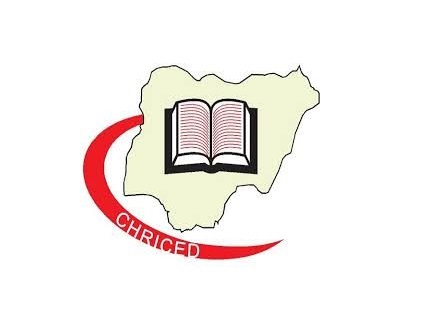‘World Bank’s N750 petrol price advice meant to destabilise Nigeria’
The Resource Centre for Human Rights and Civic Education (CHRICED) has condemned the recent advice by the World Bank that Nigeria should set her petrol price at N750 per liter. The executive director of CHRICED, Comrade Ibrahim Zikirullahi, in a statement yesterday noted that the motive behind World Bank’s advisory was questionable and not different […]

Resource Centre for Human Rights and Civic Education (CHRICED)
The Resource Centre for Human Rights and Civic Education (CHRICED) has condemned the recent advice by the World Bank that Nigeria should set her petrol price at N750 per liter.
The executive director of CHRICED, Comrade Ibrahim Zikirullahi, in a statement yesterday noted that the motive behind World Bank’s advisory was questionable and not different from other policies meant to destabilise Nigeria.
Daily Trust on Sunday reports that the bank’s Lead Economist for Nigeria, Alex Sienaert, said the current price of petrol in the country did not reflect its true cost. He concluded that N750 per liter would be the appropriate price for the product to reflect its true cost.
“It appears that the Nigerian government may have found a lackey in the World Bank and is using their advice as a means to justify yet another planned increase in the price of petrol.
Airfares Skyrocket Ahead Christmas, New Year
Where is the security amidst huge budget allocations?
“For us at CHRICED, this is yet another instance of one of the Bretton Woods institutions offering advice that would advance its imperialist economic agenda while heaping more woes on the Nigerian people, who are already reeling from the insensitive policies of the Bola Tinubu administration.
“Instead of allowing Nigerians to focus on issues that would put the country’s economy on a sound and sustainable footing, the World Bank appears to be giving the justification to the government to further drain whatever is left of the economic lifeblood of millions of Nigerians.
“Any patriotic Nigerian would have expected that an institution with much information as the World Bank would have spoken on the need for Nigeria to revamp its local refining capacity to meet its domestic energy needs,” Zikirullahi said.
He wondered if the World Bank was comfortable with the current “wasteful and extravagant model in which Nigeria spends billions of scarce foreign exchange on importing petrol, which could be locally refined.”
